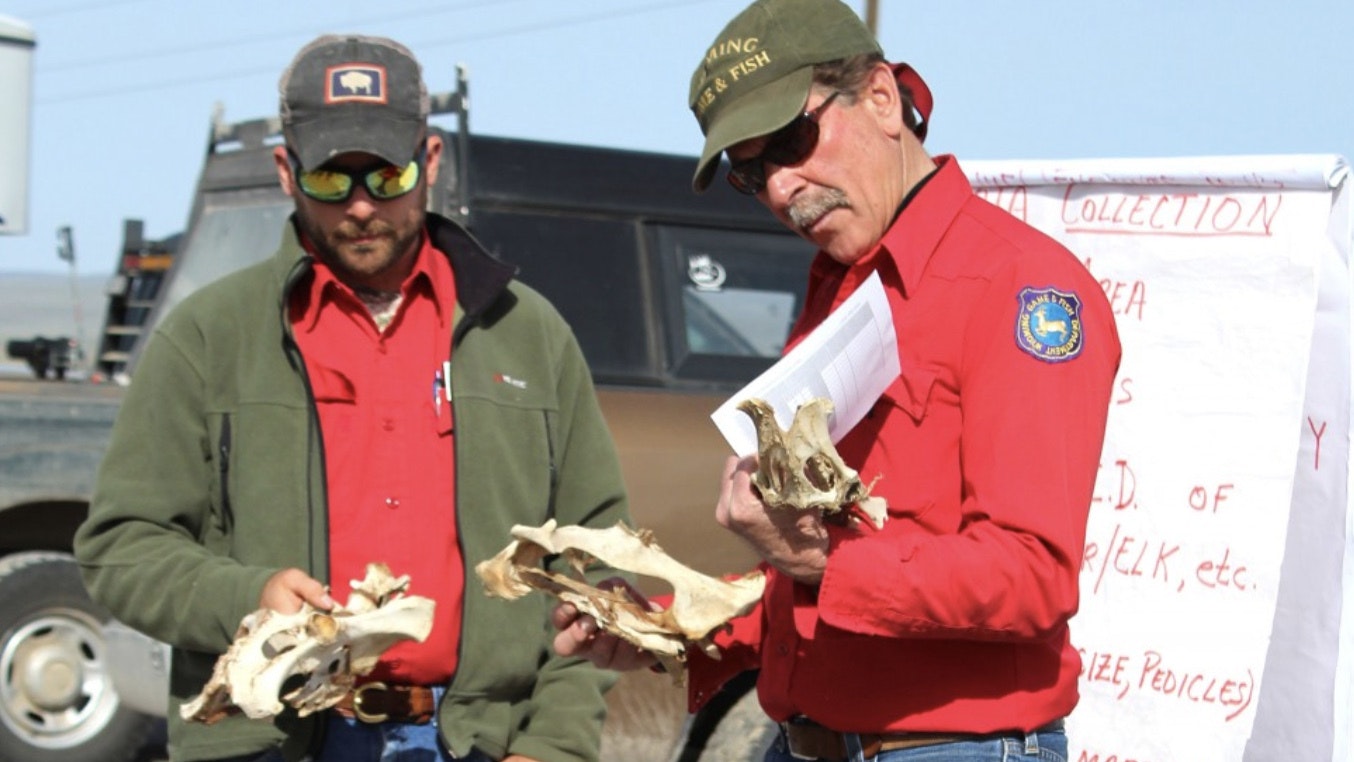A bill giving Wyoming game wardens more leeway to bust trespassers isn’t tied to a controversial “corner-crossing” trespassing case in Carbon County, officials and lobbyists said Tuesday.
Senate File 56 aims to give Wyoming Game and Fish Department wardens authority to cite certain trespass cases instead of having to call in sheriff’s deputies to handle them.
Not A ‘Back-Door’ Bill
There had been concern that the bill was an attempt to implement “back-door” restrictions on corner crossings, said Sabrina King, a lobbyist for the Wyoming chapter of Backcountry Hunters and Anglers (BHA).
She was speaking before the Wyoming Senate Travel, Recreation, Wildlife and Cultural Resources Committee, which voted to forward the bill to the Senate floor.
However, BHA’s concerns have been alleviated and the group supports the bill, she said.
The measure is clearly about clearing up potential conflicts hunters and anglers might have with landowners because of “a lack of clarity” in the law.
Bill Novotny, a lobbyist for the Wyoming Outfitters and Guides Association, agreed.
“This has nothing to do with the discussion over corner crossing,” he said. “This is about people who are clearly breaking the law.”
Game and Fish Director Brian Nesvik concurred that corner crossings and what the bill covers are “two completely separate matters.”
More Trespassing Concerns
Corner crossing, or people moving between checkerboarded parcels of private and public land, has been the center of a controversial and high-profile trespassing case in Carbon County.
Iron Bar Holdings Ranch near Elk Mountain filed a civil lawsuit against four Missouri hunters after a jury acquitted the men last year of criminal trespass charges. A civil trial in the matter is set for June.
Iron Bar Holdings and its owner, Fred Eshelman of North Carolina, claim the hunters violated the ranch’s air space and devalued his property when they used a ladder-like device to cross a fence from one parcel of public land to another.
BHA filed a brief favoring the defendants in that case.
No Need to Get Deputies Involved
SF 56 would instead clear up ambiguity between hunting trespass and criminal trespass, Nesvik said.
“It was really born out of frustration,” he said, because game wardens can cite people for hunting trespass, but only sheriff’s deputies can issue tickets for criminal trespass.
There have been instances in which people were allegedly crossing through private property with the intent of hunting, fishing, trapping or shed hunting somewhere else, Nesvik said. But because they weren’t actively engaged in those activities on the private land, sheriff’s deputies had to be called to investigate the matter as criminal trespass.
The bill would allow wardens to use the apparent intent of hunting or similar activities as reason to ticket people traveling through private property on their way to or from hunting.
It’s About Ground, Not Air
It’s sometimes the case that people will go into a public land area to hunt without trespassing. But if they kill something, they’ll try to take a shortcut through private property to shave the distance of packing their game back to their vehicles, Nesvik said.
The legislation makes it clear that violators must make “physical contact” with the private ground, either by foot or by driving or riding horses on it, Nesvik said. That has nothing to do with questions regarding airspace, which are the crux of the Iron Bar trespass case.





